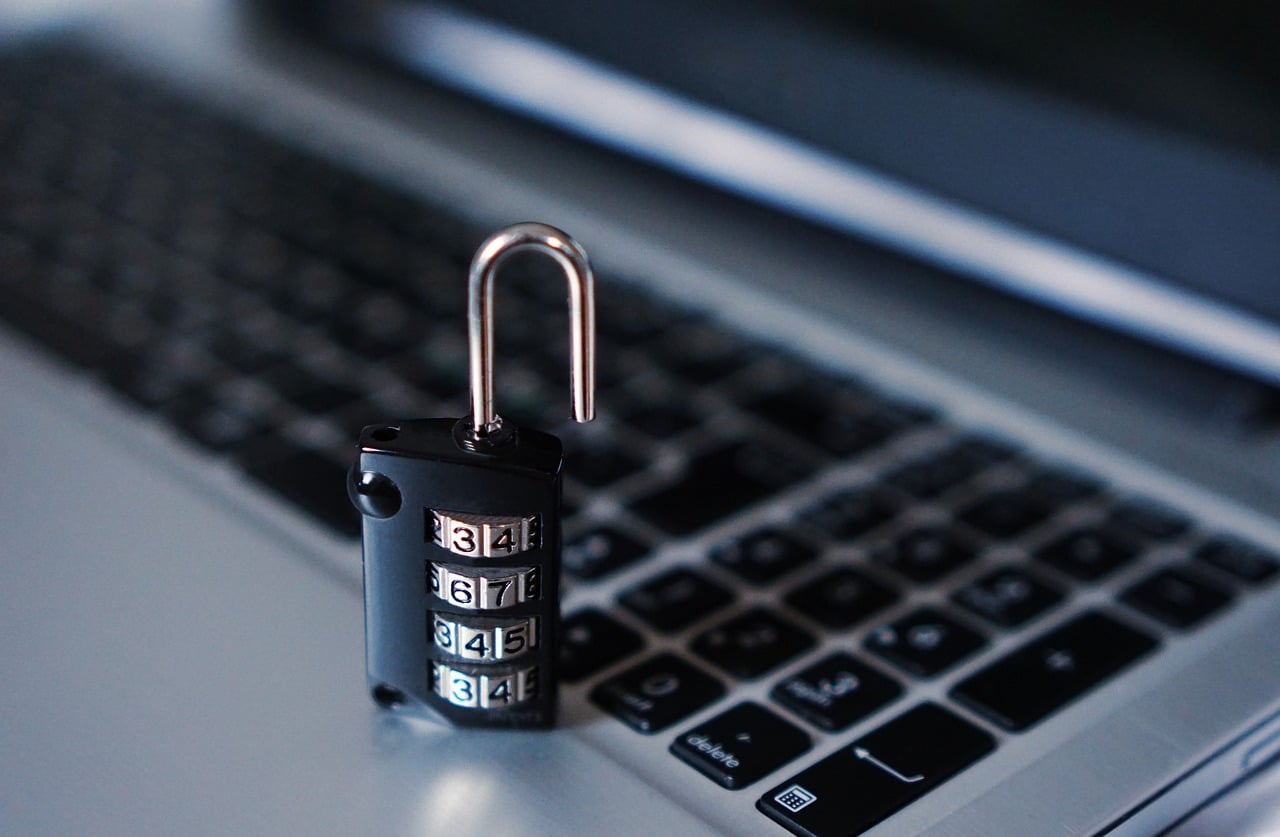Not-so-fun fact: 61% of security breach victims are small to medium sized businesses according to Ponemon Institute’s 2017 State of Cybersecurity for Small and Medium Businsses.
Not what you expected, right?
Many people think that cyber criminals only set their sights on the major players and wouldn’t waste their time with a little guy like them.
I invite you to think about this a little deeper for a moment.
That’s like saying petty thieves only break into lavish mansions, often guarded by a pack of hounds and a wrought iron fence, rather than trying their luck with a more accessible average apartment window. With cyber security breaches on the rise, we all have to step up and make sure to keep what we’ve built safe.
Below is a list of what I recommend to all of my clients—from solopreneurs to multi-million dollar corporations—to make sure they’re protected no matter what
1. Install antivirus and anti-malware programs on all devices.
- Avast Endpoint Protection Suite Plus (This is what Red Clover Advisors uses)
- Bitdefender for Business
- Cyberghost VPN
- Kaspersky Small Office Security for Business
- Avira Antivirus for Small Business
2. Be able to detect phishing schemes—and make sure anyone who works with your data can also. Do not open attachments, click on links, download programs, or provide personal information of any kind if something feels off about the website.
You can read more about how to detect a phishing email here.
3. Secure your mobile devices. Use tracking software or apps to locate and wipe a lost device, if need be.
- Miradore Online
- SureMDM
- Apple Business Manager (for Apple users)
4. Password-protect all wireless networks, even if you are in a private area. You can also opt to hide the network name for additional security. If you’re prone to working in a cafe, or on any unsecured public network, be mindful not to conduct any transactions that require sensitive information, such as credit card numbers, confidential client data, person health information, or the like.
5. Be sure to back up all your data to reputable cloud companies and external hard drives when appropriate.
- Red Clover Advisors Cloud Tip: The more places you have your data stored, the more susceptible your data is to a data breach so don’t go overboard. If you do use multiple cloud storage providers, be aware that you’ll need to know how to easily access each of them to honor individual rights requests under GDPR or the impending CCPA (California Consumer Privacy Act effective January 2020).
- Dropbox
- Box
- Amazon
6. Maintain updates on all software and ensure your website is secured with https to keep your data safe from hackers and let your customers know what they share is protected. You can learn all about why https is an absolute must for all credible online businesses here.
7. Create strong passwords and use several different ones across all your sites. Strong passwords contain symbols, upper and lower case letters, and numbers. Password generators are a good option to help you do this. I highly recommend using LastPass to make it easy to manage all your passwords once you’ve created them.
8. Use Two Factor Authentication (2FA) whenever possible. 2FA is an extra security layer that requires you to enter a onetime passcode to access the account each time you log in. You can enable this for Google, LinkedIn, Facebook Financial accounts, and many others.
9. Encrypt your laptop and ensure that your email is encrypted as well. You can learn more about how to encrypt your laptop here.
10. Secure your router so that hackers can’t access it, even if they try. Your router and and ISP should provide detailed instructions on how to make sure your connection is secure.
** Red Clover Advisors Bonus Tip: Invest in a VPN.
VPNs or Virtual Private Networks are an added layer of protection that guarantee you an encrypted connection no matter where you are. I recommend these to all my clients, especially if you find yourself traveling often for work, or working from public WIFI connections. Even if you’re not traveling much, a VPN at home is still useful to ensure your private browsing experience stays that way. You can learn more about all the awesome things a VPN can do for you here. Check out this useful article on why you need a VPN at home.
A few VPNs I recommend:
- Cisco’s Quick VPN
- VyperVPN
- NordVPN
Wondering how solid your privacy program really is? Or could it be, if you’re honest, you’re not sure you have one at all? Schedule your complimentary evaluation today and wherever you’re at, we’ll get you where you need to be.
[/et_pb_text][/et_pb_column][/et_pb_row][/et_pb_section]

